The second largest city in Poland; I'm in Lodz. The city is located in central Poland.
Don't you think the name of the city is mystical?
Or just me?
This may be due to the fact that the name Lodz once belonged to a blind predictor in a series called Carnivale. The series was HBO production, planned for 6 seasons in total, but only 2 seasons were taken and finished due to the budget shortage.
The series, which took place during the Great Depression Era and drought of the United States in the 1930s, was the story of a traveling carnival team of people having superior powers and physical disabilities. It had very impressive and sometimes stretched scenes, and Lodz was one of them. However, Lodz in Poland has nothing to do with it. You already understand that when you go to the city.
In addition to mystical imaging of the city because of the connotations I mentioned above, (is it the cold war period movies I watched, probably )about that region, it always comes to my mind the dark faces, cold - snowy weather and the wolf dogs howling in the endless empty streets ...
Of course, in reality there is an absolute share of aforementioning: Poland is a cold country, some people are very tolerant and some are warm, and some are very cold attitude and rough (I guess the effect of climate conditions).
Due to the fact that my travel date coincides with the summer season, Lodz was very chirping with its very warm, daily sunshade and crowds of people. Nevertheless that some people are still rude no matter summer or winter.
The city has a very wide and long street, such as Cyprus Martyrs Street in Izmir or Istiklal Street in Istanbul. I liked the houses of communist architecture, small restaurants and the lights of the lampshades reflected from the windows along the street.

I wanted to eat at some point within walking distance of my hotel and made a short google search. And I discovered here. "Otwarte Dazwi"
Looking at the place from the outside, this place, reminiscent of the summer restaurants in the winter months, offers nice options. It was not logical to sit outside because it was cool outside during the evening. So I went inside. Since it is a small restaurant, my problem of not being able to fit has also started here.
By the way, it is very difficult to find an English menu in most Polish restaurants. The menu in my hand was in English, but nobody spoke English. Everything is so Polish. Unfortunately you have a serious language problem in Lodz (outside the hotel: IBIS). In fact, this problem is the problem of all of Poland ...
For the most part, people don't speak English, and you can find somewhat German speakers.
That's why you try to explain your body language and your problem by adding something from every language with a supra-language effort. Especially when you try to speak English with a person, the situation suddenly becomes that person turns away from you as if they were running away. This is a situation I also have encountered in the cities of old East Germany. I think it has a Russian influence.

I like Polish cinema. The cinema sector is commonly identified with the city. Roman Polanski has also once studied here in Lodz. In addition, a large labor class lives in Lodz: The textile industry is one of the most important sectors here. It is a city with high literacy and artistic activities are very intense. People from all segments of the society go to theatre, cinema and opera. I am amazed that the labor class has an intellectual structure. the labors are at the factory during the day and looking forward to watching the opera in the evening ...
Some of the most important show centers in the city are: Teatr Wielki, Teatr Muzyczny, Filharmonia, The New Theater, Lodz Opera House, Museum Szutuki, Teatr Pinokio, Teatr Powzsechny
Although Christianity reigned in these lands for nearly 1000 years, the Republic of Poland, established under the control of the Russians after World War II, has kept religion in the background with Marxist influences for many years. As a result of years of internal strife and oppression of the right-wing Polish labor class base, Christianity began to gain meaning again in the 1960s with the effect of Liberalism. Most of the churches that were destroyed after the war during communism were not repaired towards the end of the 60s.
It is possible to see a blend of German, Russian and Jewish cultures for historical and cultural reasons in the city. Even though the heavy communist influences are losing day by day, the hesitation or indescribable awareness of the Polish culture still lives on the streets.
You can travel the city from one end to the other using the rail system. Trams reflect the socialist era. There are those who say that the city was very rich during the socialist communist period. Many classes emerged in the liberal capitalist period, causing this injustice. Some are very rich and some are very poor.
Lodz is a city that I have never thought of living but a city that I admire at the same time ...
It is also a city that has been influenced by its historical experiences and has integrated these effects into its essence over time. It is a city with an independent stance most of the time but deep inside. Actually, you have to live this city much longer, I am sure there are many details hidden in its streets. Although not mystical, it is possible to find different tastes in the streets lined by history.
Volkan Coşğun



















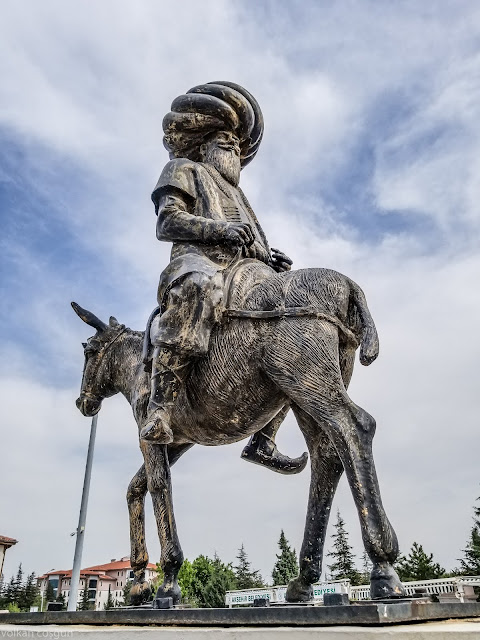




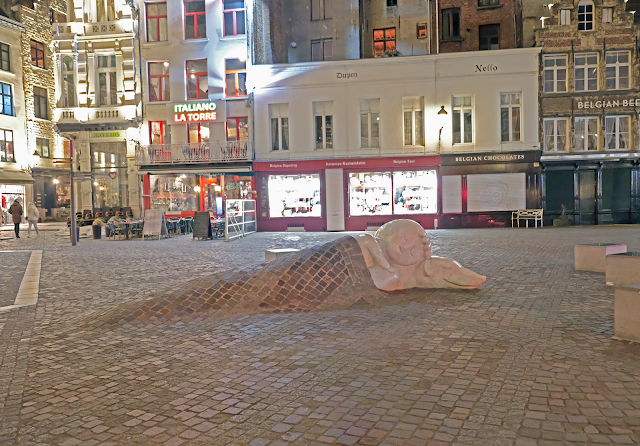




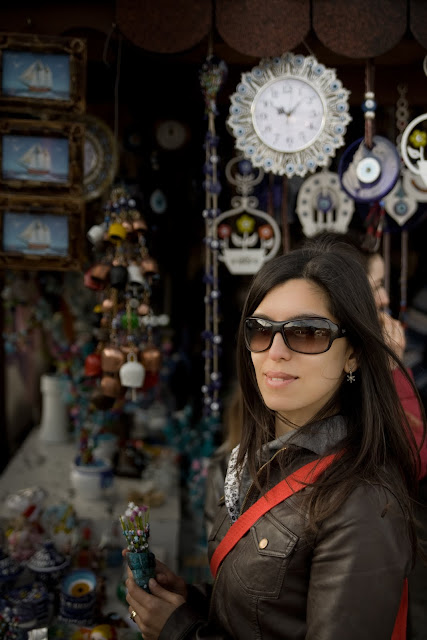


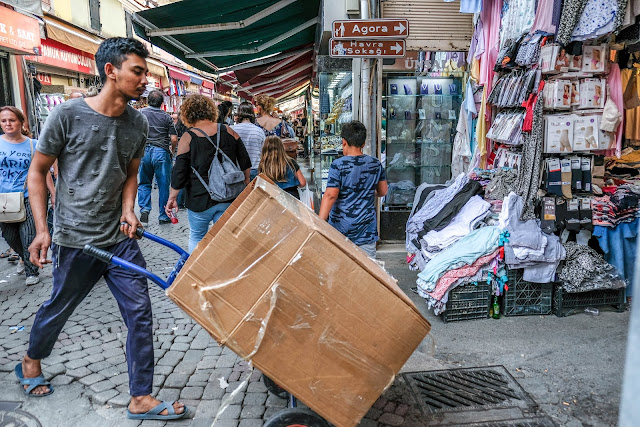


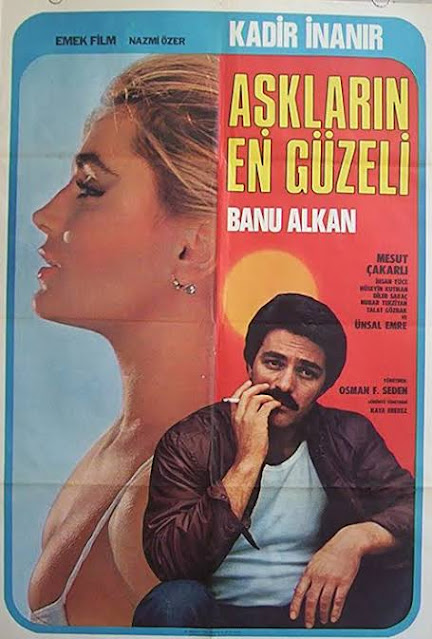

Yorumlar